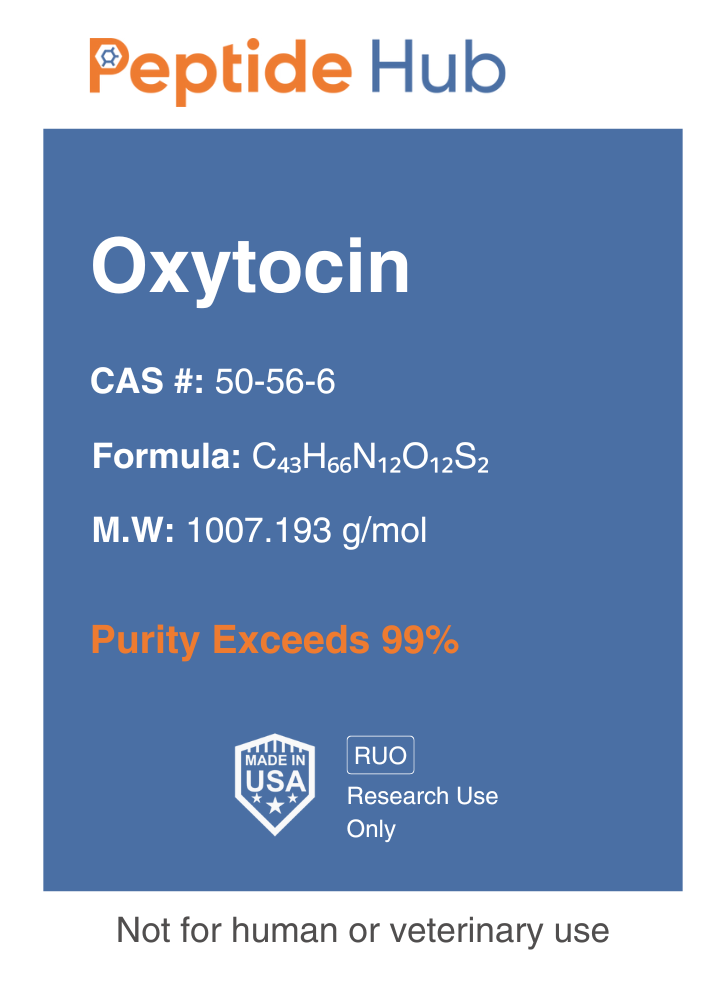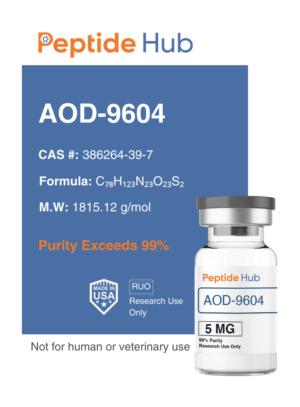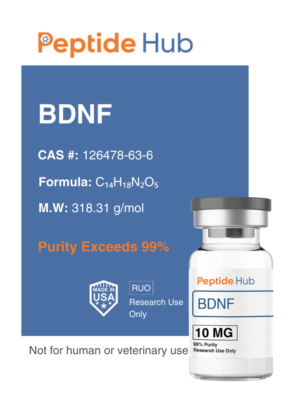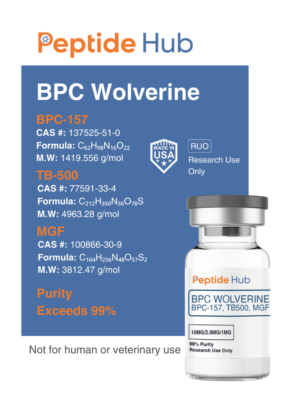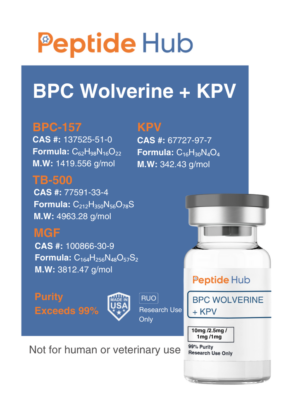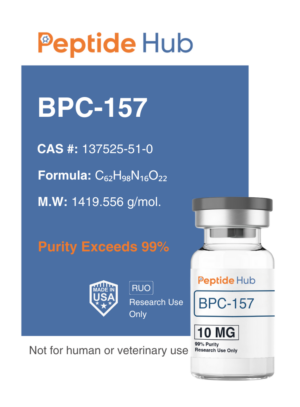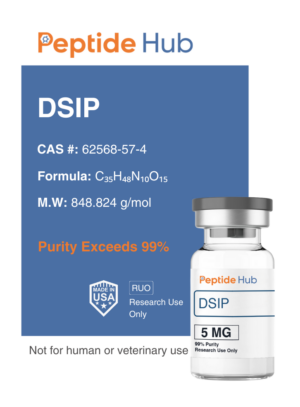Oxytocin – 10mg
$50.00

Oxytocin – 10mg
Oxytocin is often referred to as the “love hormone,” a peptide hormone that plays a vital role in social bonding, emotional regulation, and reproductive health. Naturally produced in the hypothalamus and released during various activities such as childbirth and breastfeeding, oxytocin is known for its effects on promoting trust, empathy, and attachment. Beyond its emotional and social functions, oxytocin has been studied for its potential benefits in reducing stress, anxiety, and depression. Emerging research also suggests its role in enhancing physical recovery, making it an intriguing option for researchers interested in emotional well-being and overall health.
Buy Oxytocin, as a focus of ongoing studies, oxytocin holds potential in research applications for improving social interactions and promoting a sense of connectedness.
Research Peptides
99% Purity
3rd Party Tested
USA Made
Note: Peptides will arrive in a lyophilized (powder) form for maximum stability
The peptides are available for research and laboratory purposes only. Please review and ahere to our Terms and Conditions before ordering.
- Description
- Certificate of Analysis
Oxytocin Structure
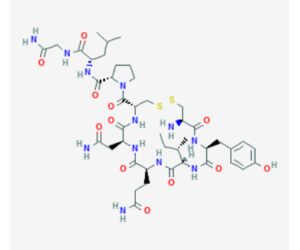
Source:PubChem
What is Oxytocin?
Oxytocin is a neuropeptide and hormone that plays a significant role in social bonding, emotional regulation, and reproductive functions. Often referred to as the "love hormone" or "bonding hormone," oxytocin is produced in the hypothalamus and released by the posterior pituitary gland. This powerful peptide has been the subject of extensive research due to its potential implications in mental health, social behaviors, and physiological processes.
The Origin of Oxytocin
Oxytocin was first identified in the early 20th century as a hormone involved in childbirth and lactation. Its role in stimulating uterine contractions during labor and promoting milk ejection during breastfeeding highlighted its importance in reproductive health. Since its discovery, research has expanded to explore its broader influence on social behaviors and emotional well-being.
Oxytocin and Its Unique Composition
Oxytocin is composed of nine amino acids, making it a nonapeptide. Its unique structure allows it to bind to specific receptors in the brain and body, facilitating its various functions. Oxytocin receptors are widely distributed in the brain, particularly in areas associated with emotion, social behavior, and stress response.
Oxytocin’s Mechanism of Action
Oxytocin functions primarily by binding to its receptors, which are located throughout the central nervous system and peripheral tissues. This binding triggers a cascade of signaling pathways that influence various physiological and psychological responses, including increased social bonding, trust, and empathy.
Role in Social Bonding and Relationships
Oxytocin is crucial in promoting social connections and emotional bonding. It is released during activities such as hugging, touching, and childbirth, reinforcing feelings of attachment and intimacy between individuals. This bonding effect extends to various relationships, including romantic partnerships and parent-child interactions.
Enhancement of Social Interactions
One of the most notable benefits of oxytocin is its ability to enhance social interactions. Research indicates that oxytocin can promote feelings of trust, empathy, and cooperation, making it a valuable peptide for improving interpersonal relationships.
Support for Mental Health
Oxytocin has shown promise in supporting mental health by reducing anxiety and stress levels. Its calming effects can help individuals cope with social anxiety and improve overall emotional well-being, making it a focus in studies related to depression and anxiety disorders.
Facilitation of Reproductive Health
In addition to its role in social bonding, oxytocin is essential for reproductive health. It aids in uterine contractions during labor and promotes milk ejection during breastfeeding, ensuring successful childbirth and nurturing.
Why Oxytocin is Different from Other Peptides
What sets oxytocin apart from other peptides is its unique dual role as both a hormone and a neuropeptide. While many peptides focus on physical processes such as muscle growth or metabolism, oxytocin primarily influences social behavior and emotional health, making it a multifaceted option for enhancing well-being.
Potential Role in Pain Management
Emerging research suggests that oxytocin may have analgesic properties, helping to reduce pain perception and enhance pain tolerance. This has implications for developing new pain management strategies.
Impact on Stress Reduction
Oxytocin has been linked to reduced stress levels, promoting relaxation and emotional resilience. Its calming effects may contribute to improved coping mechanisms in stressful situations.
For Research Use Only
No Certificate of Analysis images available for this product.

